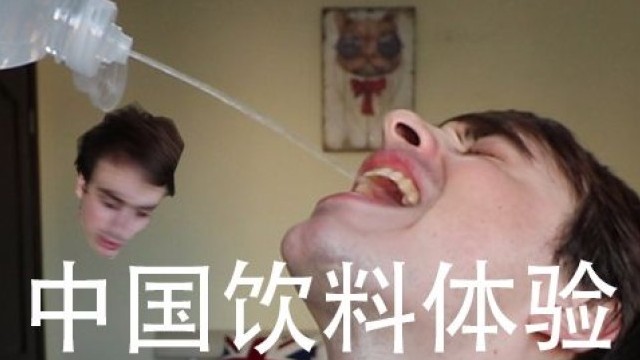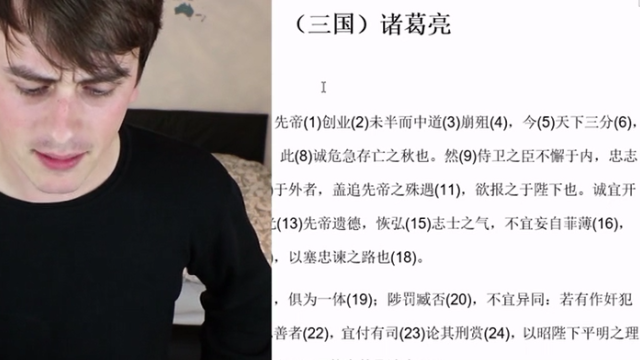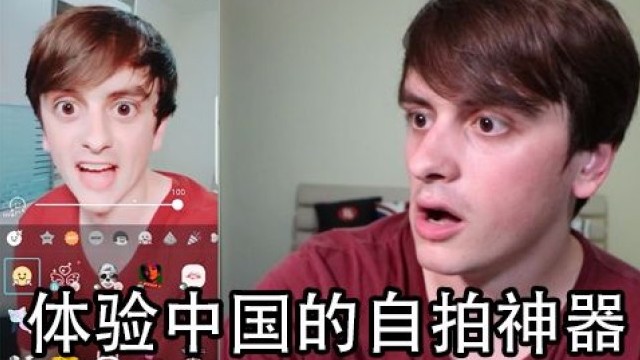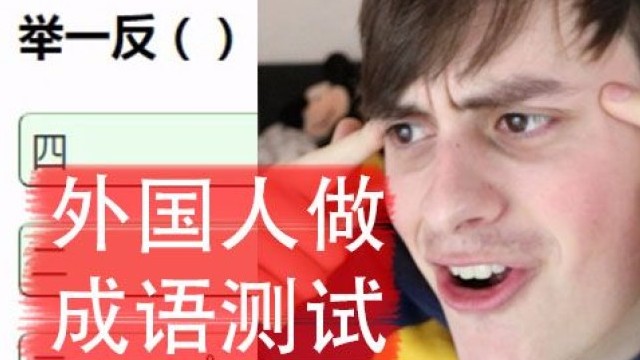【经典名著阅读】《红字》第十六章(上)
作者:Nathaniel Hawthorne
2011-08-31 14:47
"Mother," said little Pearl, "the sunshine does not love you. It runs away and hides itself, because it is afraid of something on your bosom. Now, see! There it is, playing, a good way off. Stand you here, and let me run and catch it. I am but a child. It will not flee from me; for I wear nothing on my bosom yet!"
“妈妈,”小珠儿说,“阳光并不爱你。它跑开躲起来了,因为它害怕你胸口的什么东西。你瞧嘛!它在那儿跳呢,远远地。你站在这儿,让我跑过去抓住它。我只不过是个孩子。它不会逃避我的,因为我胸前还什么都没戴呢!”
"Nor ever will, my child, I hope," said Hester.
“我的孩子,我但愿你一辈子也别戴吧,”海丝特说。
"And why not, mother?" asked Pearl, stopping short just at the beginning of her race. "Will not it come of its own accord, when I am a woman grown?"
“干嘛不戴呢,妈妈?”珠儿问道,她刚要拔腿朝前跑,忽地停下了脚步。“等我长成大人,难道它不会自然就来了吗?”
"Run away, child," answered her mother, "and catch the sunshine!It will soon be gone."
“快跑吧,孩子,”她母亲回答,“去抓住阳光!它会转眼就跑掉的。”
Pearl set forth, at a great pace, and, as Hester smiled to perceive, did actually catch the sunshine, and stood laughing in the midst of it, all brightened by its splendour, and scintillating with the vivacity excited by rapid motion. The light lingered about the lonely child, as if glad of such a playmate, until her mother had drawn almost nigh enough to step into the magic circle too.
珠儿拔腿飞快地跑去,海丝特微笑着看到,她还真的抓住了阳光,并且站在阳光中放声大笑,全身披着的灿烂的彩晖,还随着她快速移动的活跃激荡着而闪闪发亮。那光亮依傍在孤独的孩子身边,似是因为有了这样一个玩伴而兴高采烈,一直到她母亲差不多也要迈步进入那充满魔力的光圈为止。
"It will go now," said Pearl, shaking her head.
“这下它要走了,”珠儿摇着头说。
"See!" answered Hester, smiling. "Now I can stretch out my hand, and grasp some of it."
“瞧!”海丝特微笑着回答。“现在我可以伸出手来,抓住一些阳光了。”
As she attempted to do so, the sunshine vanished; or, to judge from the bright expression that was dancing on Pearl's features, her mother could have fancied that the child had absorbed it into herself, and would give it forth again, with a gleam about her path, as they should plunge into some gloomier shade. There was no other attribute that so much impressed her with a sense of new and untransmitted vigour in Pearl's nature, as this never-failing vivacity of spirits; she had not the disease of sadness, which almost all children, in these latter days, inherit, with the scrofula, from the troubles of their ancestors. Perhaps this too was a disease, and but the reflex of the wild energy with which Hester had fought against her sorrows, before Pearl's birth. It was certainly a doubtful charm, imparting a hard, metallic lustre to the child's character. She wanted- what some people want throughout life- a grief that should deeply touch her, and thus humanise and make her capable of sympathy. But there was time enough yet for little Pearl.
就在她打算这么做时,阳光又消失了;或者,从珠儿脸上闪跃着的焕发的容光来判断,她母亲也可能想象是孩子把阳光吞了进去,单等她们步入更幽暗的地方时,再放出来照亮她们的小径。在珠儿的秉性中,这种永不衰竭的精神活力带有一种蕴含着的崭新精力的感觉,给她的印象最为深刻;珠儿没有忧郁症——如今几乎所有的孩子都从他们先辈的烦恼中,把这种症状同瘟病一起继承了下来。也许这种活泼同样是一种疾病,不过是珠儿降生之前海丝特用来遏制自己的忧伤的那种野性的反映。这种活力在孩子的性格上增加了一种坚硬的金属般的光泽,其魅力甚属可疑。她需要——一些人终生都需要一些东西——一种阴郁来源源地触动她,以便增加她的人性,并使她能够同情。好在对小珠儿来说,还有的是时间呢。











